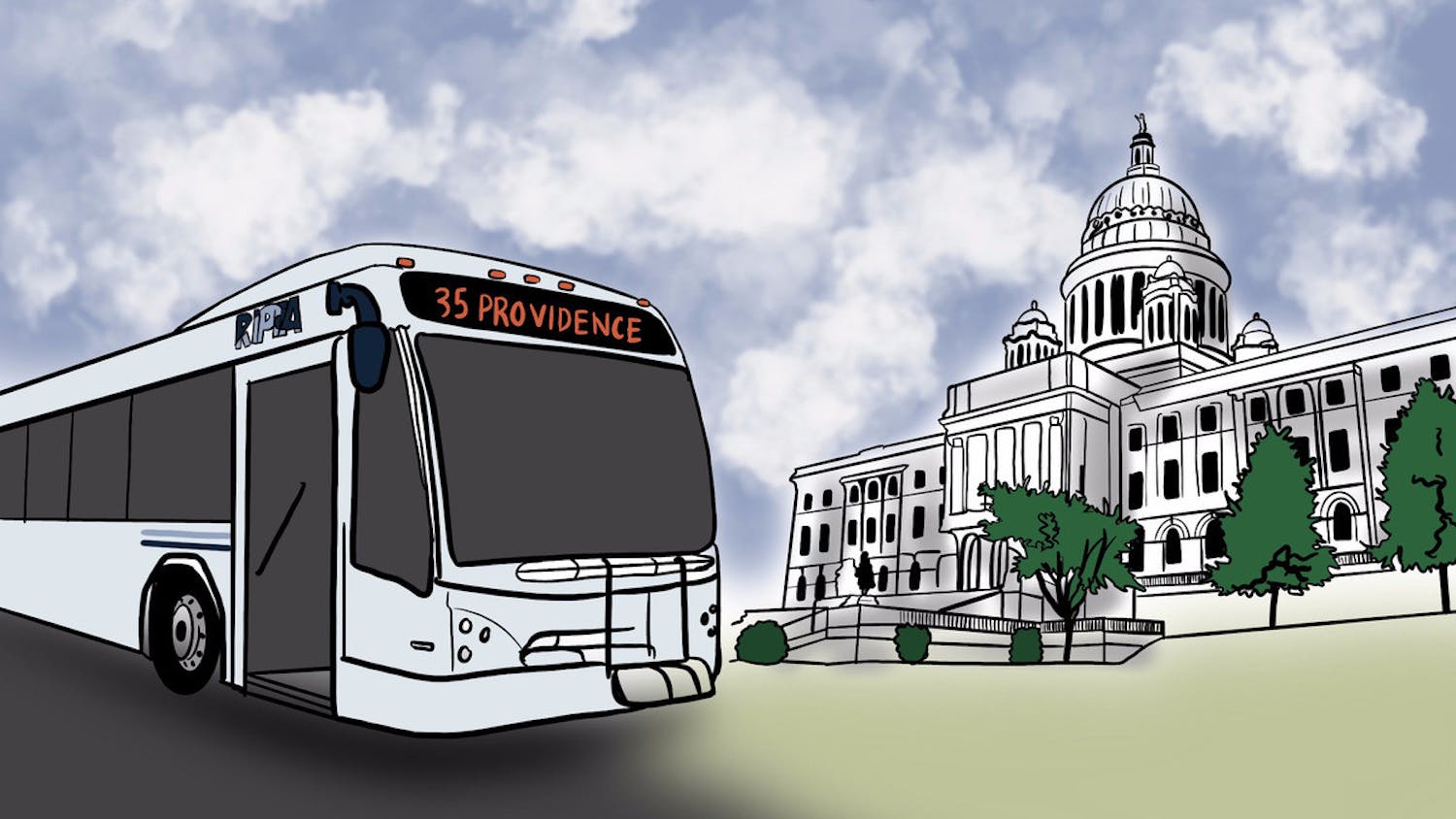When national science competition winners from high-performing Rhode Island schools score poorly on the New England Common Assessment Program Science exam, it is apparent that “something is wrong here,” said Lawrence Filippelli, assistant superintendent of the Scituate School Department.
After last spring’s NECAP scores became known on Sept. 19, the Rhode Island Department of Education decided to postpone the release of the scores to the public due to rising concern from school districts over sharp drops in science scores, said Elliot Krieger, public information officer for RIDE.
In what Filippelli described as an “unheard-of” occurrence, even some of Rhode Island’s best schools incurred double-digit percentage-point decreases.
The exam scores have ramifications for teachers, students and the communities they inhabit, said Timothy Ryan, executive director of the Rhode Island School Superintendents’ Association. They hold a lot of weight in the public’s evaluation of teacher and student performances, he added.
“People are really sensitive right now,” Ryan said, referring to the aftermath of the scores’ release.
Many superintendents allege that the exams were scored inaccurately, Filippelli said. In particular, questions on which high numbers of students scored a zero could have been scored wrongly.
Several students received no score for specific questions, especially on the constructed response and inquiry tasks, he said, noting that more than 75 percent of eighth graders at a school he oversees received zeroes on one question.
“I don’t want school committees or the public to think this is an instructional or student issue,” Filippelli said. “I think it’s a scoring issue.”
On Friday, superintendents and RIDE officials met with Measured Progress — the testing company that grades the NECAP — to discuss their concerns. At the meeting, Measured Progress shared the NECAP answer key, called the anchor paper, and student exam responses. After comparing the documents, many educational officials raised concerns that students received lower scores than they deserved, Filippelli said.
Measured Progress representatives said that the company’s scoring progress is rigorous, Filippelli said. Exams are scored without names or schools attached by people who hold bachelor’s degrees and often have science backgrounds.
Representatives from Measured Progress could not be reached for comment on the issue.
Rhode Island is not the only state whose NECAP science scores decreased. New Hampshire and Vermont experienced parallel patterns, according to their Department of Education websites.
School districts in Vermont and New Hampshire have also raised concerns about scoring, Filippelli said. Measured Progress is also in charge of scoring the NECAP exams in Vermont and New Hampshire.
Decreased science test scores may relate to the fact that science scores are not evaluated under the federal No Child Left Behind Act and thus not held accountable to national standards, Ryan said. Teachers may also lack the time or resources to focus enough on the tested science subjects, he added.
Looking ahead, RIDE has not yet decided its course of action for releasing test scores to the public, Krieger said. Measured Progress is currently conducting an internal investigation, he said.
The company’s reputation and multi-million-dollar contract with RIDE are uncertain in light of these concerns, Filippelli said.
Due to an editing error, a previous version of this article attributed information to the wrong source. Lawrence Filippelli, not Elliot Krieger, said Measured Progress' reputation and multi-million-dollar contract with RIDE are uncertain. The Herald regrets the error.
ADVERTISEMENT




